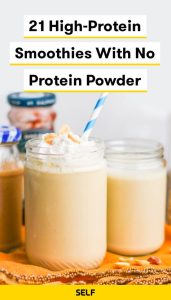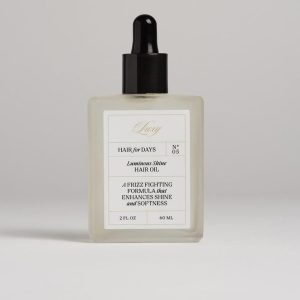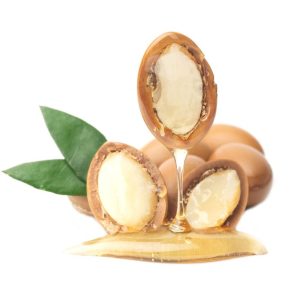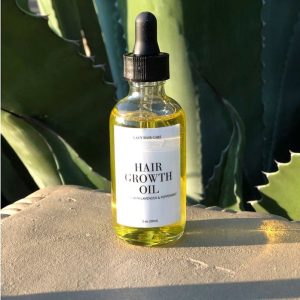
Protein juice powder is a popular supplement that promises a convenient way to increase your daily protein intake. Made from various protein sources like whey or pea protein, it’s often blended with flavorings, vitamins, and other ingredients to create a drinkable mix.
This comprehensive guide will explore protein juice powder, including its potential benefits, drawbacks, and how it compares to other protein sources. We will also delve into different factors to consider when choosing a protein juice powder and provide tips for using it effectively.
Protein is an essential nutrient for the body. It plays a crucial role in building and repairing tissues, maintaining muscle mass, and supporting numerous bodily functions. The recommended daily protein intake varies depending on several factors, including age, activity level, and overall health.
How Can You Get Enough Protein?
You can obtain protein from various dietary sources, including:
Animal Sources:
Meat, poultry, fish, eggs, and dairy products are all excellent sources of protein.
Plant Sources:
Beans, lentils, tofu, tempeh, nuts, and seeds can provide protein for vegetarians and vegans.
Protein Powders:
Protein powders, including protein juice powders, offer a concentrated source of protein in a convenient format.
Potential Benefits of Protein Juice Powders
Protein juice powder can offer several potential benefits:
-
Increased Protein Intake: For people who struggle to consume enough protein through diet alone, protein juice powder can be a helpful way to boost their intake.
-
Convenience: Protein juice powder is quick and easy to prepare. Simply mix it with water or milk for a protein-rich drink.
-
Nutrient Fortification: Many protein juice powders are fortified with additional vitamins, minerals, and other nutrients.
-
Weight Management: Protein can promote feelings of satiety and help with weight management goals.
-
Muscle Building and Recovery: Protein is essential for muscle growth and repair, and protein juice powder can be beneficial for athletes or people looking to build muscle.
Drawbacks to Consider
While protein juice powder can be a helpful supplement, there are also some drawbacks to consider:
Not a Meal Replacement:
Protein juice powder should not be used as a sole source of nutrition. It should be consumed alongside a balanced diet.
Artifical Ingredients:
Some protein juice powders contain artificial sweeteners, flavors, and coloring.
Potential for Digestive Issues:
Protein juice powder can cause bloating or gas in some people.
Cost:
Protein juice powder can be expensive compared to whole food sources of protein.

Protein Juice Powders vs. Whole Foods
Tcan be a convenient way to increase protein intake, but whole food sources of protein offer several advantages:
-
Natural Nutrients: Whole foods provide a wider range of natural vitamins, minerals, and fiber alongside protein.
-
Satiety: Whole foods tend to be more filling than protein juice powder due to their fiber content.
-
Cost-Effectiveness: Generally, whole food sources of protein are more cost-effective than protein juice powder.
Choosing a Protein Juice Powders
If you decide to incorporate protein juice powder into your routine, here are some factors to consider when choosing one:
-
Protein Source: Whey protein is a popular choice, but pea protein or plant-based blends are suitable for vegans or those with lactose intolerance.
-
Ingredients: Opt for protein juice powders with minimal added sugars, artificial flavors, or colors.
-
Nutrient Content: Consider protein juice powders fortified with additional vitamins or minerals that align with your needs.
-
Flavor: Protein juice powder comes in various flavors. Choose one you enjoy to encourage consistent use.
-
Mixability: Look for protein juice powders that mix easily and don’t clump.
Using Protein Juice Powder Effectively
Here are some tips for using protein juice powder effectively:
Follow Dosage Instructions:
Don’t exceed the recommended dosage on the protein juice powder label.
Mix It Up:
Blend your protein juice powder with water, milk, fruit, or vegetables to create a delicious and nutritious drink.
Consider Timing:
Consume protein juice powder before or after a workout, or as a snack between meals.
Listen to Your Body:
Pay attention to how your body reacts to protein juice powder. Discontinue use if you experience any digestive issues.
It can be a useful tool for increasing protein intake, particularly for people who struggle to meet their needs through diet alone. However, it should be used alongside a balanced diet and not as a sole source of nutrition.

-
It’s always best to consult with a doctor or licensed dietician before starting any new supplements, especially if you have any underlying health conditions.
-
Protein juice powder is not a magic bullet for weight loss or muscle building. It can be a helpful tool, but it should be used in conjunction with a healthy diet and exercise routine.
Think about it this way:
- Do you eat a balanced diet that includes plenty of protein sources like meat, fish, eggs, dairy, beans, or lentils?
If so, you might be getting enough protein already.
- Are you looking for an easy post-workout snack or a quick breakfast on-the-go?
Protein juice powder can be a good option in these situations.
Here are some other ideas for boosting your protein intake with tasty and nutritious foods:
- Greek yogurt with berries and granola
- Hard-boiled eggs
- Trail mix with nuts and seeds
- Bean burritos
- Lentil soup
No matter how you choose to get your protein, remember it’s important to eat a balanced diet that includes plenty of fruits, vegetables, and whole grains.
Protein juice powder can be a handy way to add protein to your diet, especially if you’re on the go or have a busy schedule. Here are some things to remember:
-
Think about your overall diet: If you already eat a balanced diet with plenty of protein sources, you likely don’t need protein juice powder.
-
Consider other options: There are many delicious and nutritious whole food sources of protein. Explore different options to find what you enjoy.
-
Read labels carefully: If you do choose protein juice powder, pay attention to the ingredients list. Look for options with minimal added sugar and artificial ingredients.
Remember:
-
A balanced diet is key! Focus on getting a variety of nutritious foods from all food groups.
-
Protein juice powder can be a helpful tool, but it shouldn’t replace whole foods in your diet.
-
Talk to a registered dietitian or healthcare professional for personalized advice on your protein needs and the best ways to meet them.





